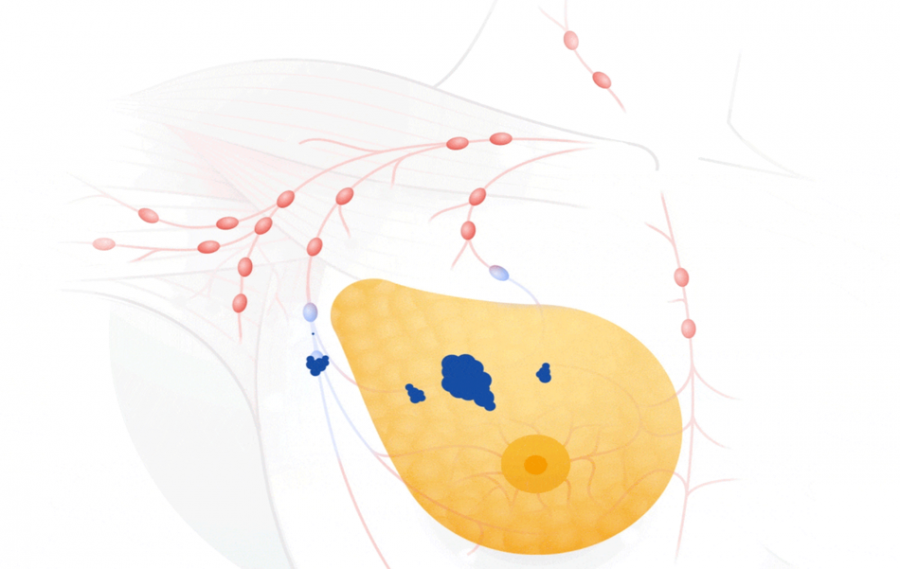
Researchers from Google Health and Google Deepmind have joined forces to develop an AI model that can detect breast cancer with greater accuracy than experts.
Their latest findings published today in the popular journal Nature, show that the model is superior compared to six expert radiologists in terms of the AUC-ROC metric for detection. Additionally, researchers created a new representative evaluation dataset and showed that their model is able to generalize across different countries.
The novel dataset consists of de-identified mammographs from more than 76 000 women patients in the UK and 15 000 in the US for training and more than 28 000 mammographs for evaluation (with 25 000 patients from the UK and 3000 from the US). In order to evaluate the generalization capabilities of the model, researchers conducted an experiment where they trained the model with samples only from the UK and evaluated it on the dataset from patients from the US. They reported that there was a 3.5% reduction in false positives and that the model is able to generalize to new clinical settings.
When compared with expert radiologists, the model was provided with less information than the humans (for example patients’ history, prior mammographs, etc.). Even with this constraint, the model was still able to outperform individual experts in accurately detecting breast cancer.
The study published in Nature can be found here. More details about the model and the evaluation can also be found in the official blog post.